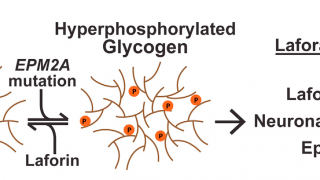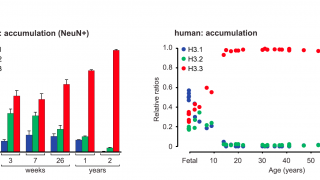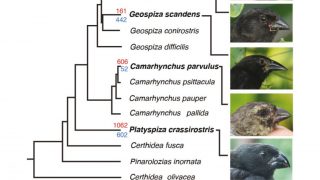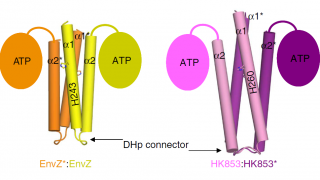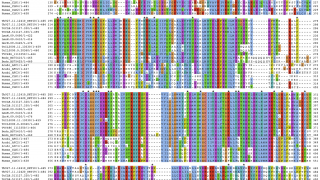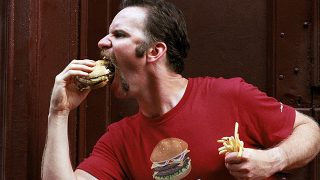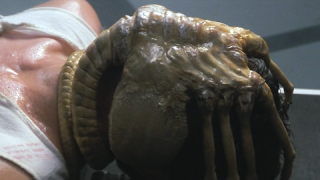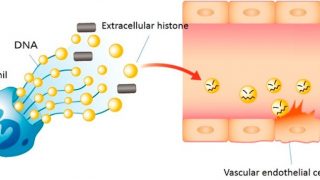
Using mass spectrometry to measure circulating histones against sepsis progression
Interior of a human blood vessel. Something looks wrong, very wrong. Bacteria have entered the circulation, and the immunological system is reacting. All the alarms are on fire, while an army of white blood cells comes by, getting ready to unleash hell on the invaders. Suddenly, among these security agents, a neutrophil stands out. It […]
